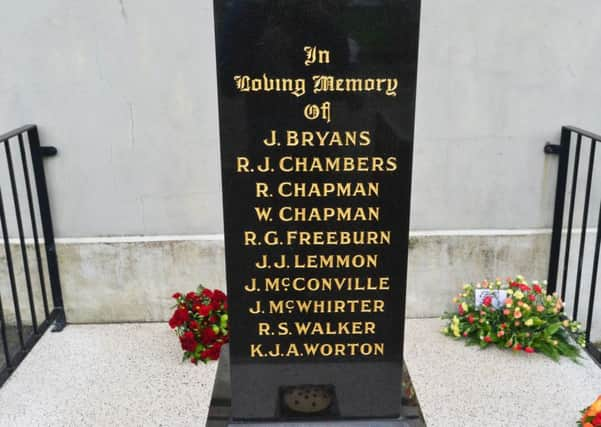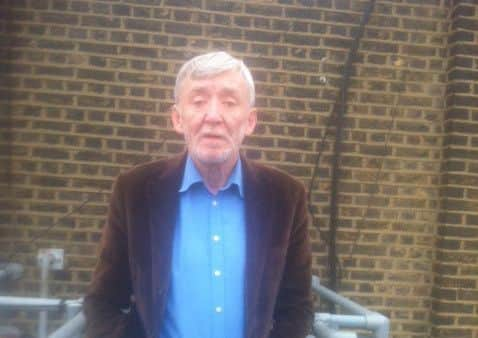Informer could be called to give evidence to Kingsmill inquest, says lawyer


Sean O’Callaghan disclosed information about IRA decision-making contained in a book about the mass shooting at Kingsmill in south Armagh, according to a lawyer for one of the 10 victims.
The textile factory workers were shot dead by the armed group after they were ambushed as they returned from work in 1976.
Advertisement
Hide AdAdvertisement
Hide AdTheir minibus was stopped and those on board asked their religion, with the sole Catholic allowed to flee.


Neil Rafferty QC said Mr O’Callaghan did not seem adverse to giving court evidence.
He said: “This is a man that was at the heart of the IRA decision-making processes in the 1970s.”
The victims were stopped as they travelled along the Whitecross to Bessbrook road in rural south Armagh on January 5 1976 - one of the worst years of the Troubles. A total of 11 were shot.
Advertisement
Hide AdAdvertisement
Hide AdThen father-of-three Alan Black was the only person to survive but was seriously wounded and spent months recovering in hospital.


The 10 who died were John Bryans, Robert Chambers, Reginald Chapman, Walter Chapman, Robert Freeburn, Joseph Lemmon, John McConville, James McWhirter, Robert Samuel Walker and Kenneth Worton.
Journalist Toby Harnden wrote a book about the IRA in south Armagh called Bandit Country: The IRA And South Armagh, thought by lawyers for the victims to contain Mr O’Callaghan’s recollections on Kingsmill.
Mr Rafferty represents the family of Mr Worton and sought to hear evidence from Mr O’Callaghan directly.
Advertisement
Hide AdAdvertisement
Hide AdHe said: “Could I ask to extend a written invitation to ascertain whether or not he is prepared to give evidence?”
The attack was claimed by a little-known republican paramilitary group considered a front for the supposedly-on-ceasefire IRA.
However in 2011 the Historical Enquiries Team of independent detectives found the IRA had been responsible, targeting the workmen because of their religion.
No one has ever been convicted.
The original inquest in 1978 lasted just 30 minutes and recorded an open verdict, but after a long campaign for justice by Mr Black and victims’ families, the new inquest was ordered by Northern Ireland’s Attorney General, John Larkin, in 2013.
It has been listed to start at Laganside Court in Belfast on May 23.